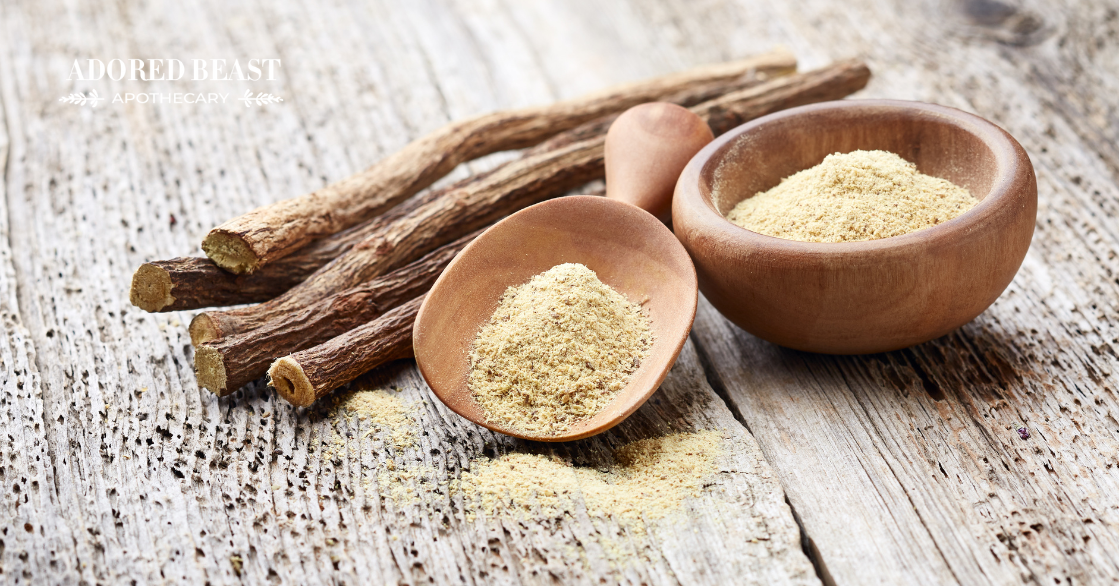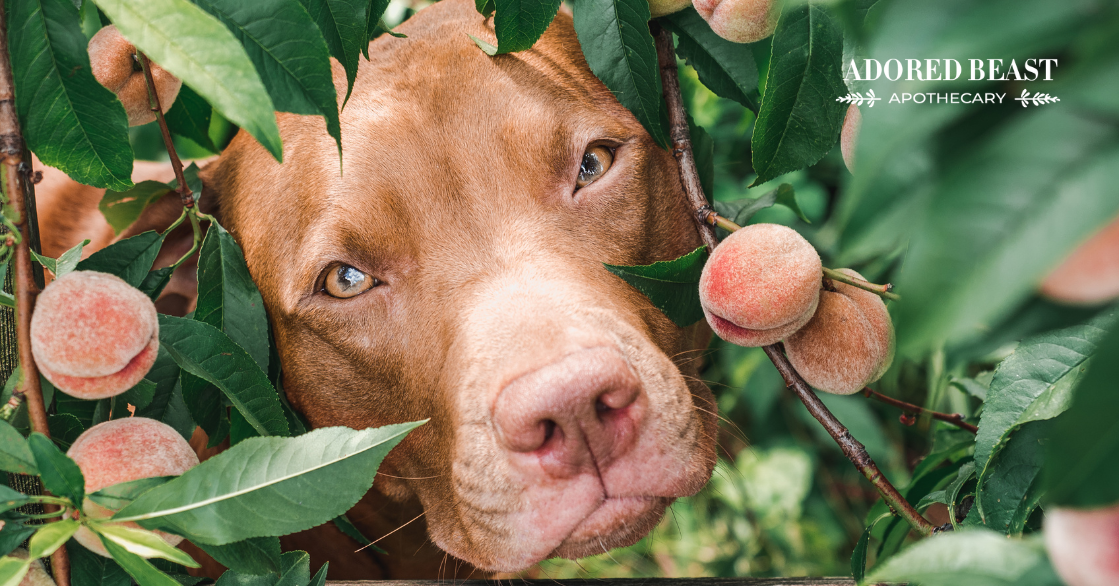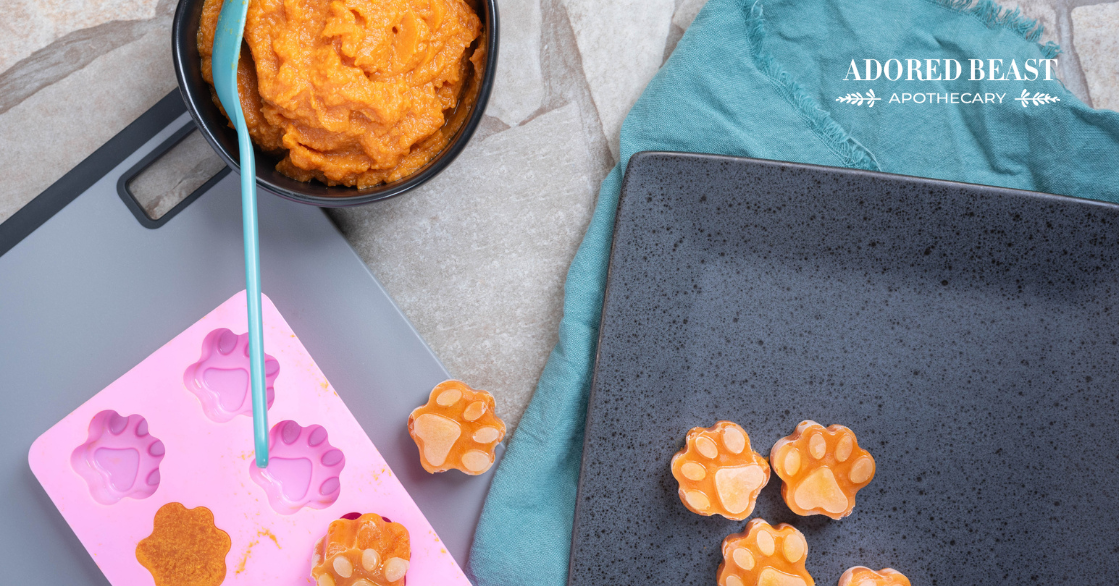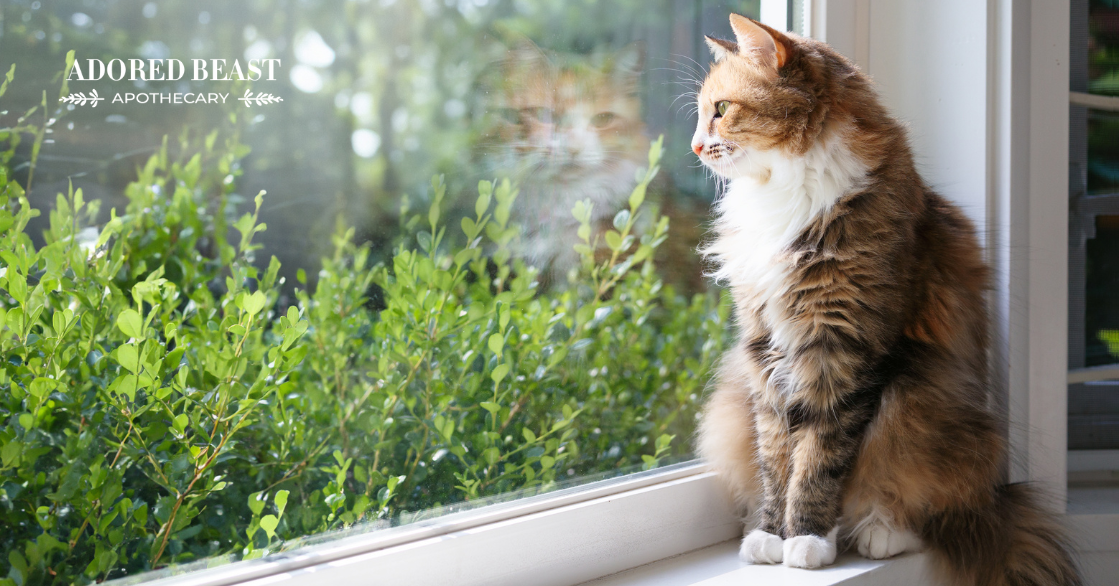Licorice is one of my favourite guilty pleasures. Whether I’m at the movies or sitting by the campfire, you can bet I’m indulging.
But licorice root (no, not the same as that sweet treat) is also a pleasure – and a far less guilty one. We have the powder in the cupboard for a variety of different things, both for ourselves and the dogs.
We’ve talked about it for dogs before, and for horses too, but never for our feline friends! So, we’re covering them today.
It’s time to talk about licorice root for cats!
What is Licorice Root?
Licorice root is, as you might have guessed, the root of the licorice plant, a herbal perennial plant in the pea family, native to western Asia and southern Europe. Ancient Greeks used it way back in the 3rd century, and the indigenous people of the area most likely used it long before this. It has been used in traditional Chinese medicine for centuries.
There are many benefits of licorice root, both for humans and animals. More than 20 triterpenoids and nearly 300 flavonoids have been isolated from licorice. Recent studies have shown that these metabolites possess many pharmacological activities, such as antiviral, antimicrobial, anti-inflammatory, anti-tumor and other activities.
Here are some of the most well-known properties:
- expectorant
- demulcent
- anti-inflammatory
- antimicrobial
- antiviral
- anti-tumor
- anti-convulsive
- anti-cancer
- detoxifier
When and Why We Use it
Thanks to its many beneficial properties, licorice root for cats is a well-celebrated herb.
As a demulcent and expectorant, it can be very helpful for digestive issues, as well as respiratory problems like colds and asthma, since it soothes mucus membranes. Licorice can work well for coughing since it can help loosen built-up mucus and help expel it from the lungs.
Licorice root can also be used to soothe itchy kitties with allergies, both because of those expectorant properties and the anti-inflammatory ones. It’s also a natural source of cortisone, which helps with allergies as well.
Furthermore, because of the anti-inflammatory properties, it can also be useful for cats with arthritis.
The anti-viral properties can help with viral infections like feline herpes, particularly because it won’t overload the system with antibiotics.
Licorice root for cats may also be useful for glandular and adrenal gland issues, as it has a strong affinity for the respiratory, digestive, and endocrine systems.
Ok, now we know why to use it, so what’s the best way to use it?
How to Use Licorice Root for Cats
First off, we’ll say this: We always choose to go with deglycyrrhizinated licorice (DGL). This is licorice root that has the glycyrrhizin removed. Glycyrrhizin can be beneficial – it has many beneficial properties, but it can be problematic too, especially when used long term. Glycyrrhizin can lower the potassium levels in your cat’s blood, so it can be dangerous at high levels. It can also interact negatively with certain medications.
Note: While there are some benefits to the short-term use of the full licorice root (with the glycyrrihzin intact), we recommend working with an herbalist or holistic veterinarian who has experience with this herb.
So, going for licorice without the glycyrrhizin is just a safer bet for long term use, as well as if your kitty is on any medications.
Our Feline Gut Soothe contains deglycyrrhizinated licorice, along with pre and probiotics and several other beneficial herbs and nutraceuticals. In rotation, it can provide many valuable benefits to your beloved kitty.
The Importance of Pulsing…
We don’t want to make this too complicated, but this is an important element.
While long term use of DGL is very safe, we always recommend pulsing. Pulsing is way of offering herbs that gives the body a period of rest.
This helps to avoid the ‘plateau’ effect. Many believe that the continuous use of the same herb, day after day, can reduce its effectiveness. This happens because the body gets too used to it. Think about it like working out at the gym. If you keep doing the same exercise over and over and over, eventually you’ll stop seeing the results.
So, as with most herbs, nutraceuticals, and supplements, we like to make sure that period of rest is included. Pick one day a week and don’t give it that day. Every few months, take a week or two off. You can also rotate to a different herb with similar properties every few weeks.
Now, remember, every animal is different, with different needs and different reactions. Some do really well with longer breaks, whereas some are best kept to the one-day-off-a-week rule. Listen to your animal, and as always, speak to your trusted holistic veterinarian or feline herbalist if you have any concerns about using licorice root for your cat.
Topical Use
You can also use licorice root for cats topically because it can help with skin inflammation, and could be useful for skin conditions. Make an oil infusion by placing chopped, dried licorice root in a glass jar and covering it with olive oil. Put the lid on and store it in a warm place for 30 days. Strain through cheesecloth and save in a clean jar in the fridge. Apply to your cat’s skin as needed to relieve itching and discomfort. Cats tend to like the taste, so they may try to lick it off, but try not to let them – you want it to soak in.
Licorice root for cats is a wonderful herb to have on hand. Follow the precautions, and it can be a great addition to your cat’s first aid kit!












